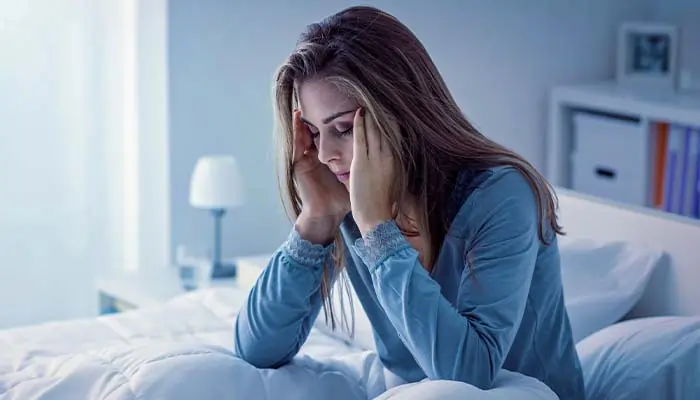Advertisement
Why Insomnia Happens
Insomnia can be caused by a variety of factors, including psychological, physical, and lifestyle influences. Understanding the root causes of insomnia can help in finding effective treatments.
Psychological Factors
- Stress: Stressful life events, such as job loss, relationship issues, or financial problems, can cause acute insomnia. Chronic stress can lead to long-term sleep disturbances.
- Anxiety: Anxiety disorders, including generalized anxiety disorder, panic disorder, and social anxiety disorder, can interfere with sleep. Anxiety can cause racing thoughts, making it difficult to fall asleep or stay asleep.
- Depression: Depression is often linked to sleep problems. Insomnia can be both a symptom and a contributing factor to depression. People with depression may have difficulty falling asleep, wake up frequently, or wake up too early.
- Cognitive and Behavioral Factors: Negative thought patterns and behaviors related to sleep, such as worrying about not being able to sleep or engaging in stimulating activities before bed, can perpetuate insomnia.
Physical Factors
- Medical Conditions: Chronic pain, respiratory issues (such as asthma or sleep apnea), gastrointestinal problems (like acid reflux), and neurological disorders (such as Parkinson’s disease) can disrupt sleep and cause insomnia.
- Hormonal Changes: Hormonal fluctuations during menstruation, pregnancy, and menopause can affect sleep patterns. Conditions like hyperthyroidism can also contribute to insomnia.
- Medications: Certain medications, including antidepressants, antihypertensives, corticosteroids, and stimulants, can interfere with sleep. The side effects of these medications can include insomnia or disrupted sleep.
Lifestyle Factors
- Poor Sleep Habits: Irregular sleep schedules, excessive napping, and engaging in stimulating activities before bed (such as using electronic devices) can contribute to insomnia.
- Diet and Caffeine: Consuming large meals, caffeine, or alcohol close to bedtime can interfere with sleep. Caffeine is a stimulant that can keep you awake, while alcohol can disrupt sleep patterns.
- Lack of Physical Activity: A sedentary lifestyle can contribute to insomnia. Regular physical activity can promote better sleep, but exercising too close to bedtime can have the opposite effect.
- Environmental Factors: Noise, light, and uncomfortable temperatures in the bedroom can disrupt sleep. Creating a conducive sleep environment is essential for preventing insomnia.










